It is suspected that climate change will cause 200 million to be displaced by the end of 21st century. These displaced people would be requiring rapidly deploy-able, sustainable housing, which would not be possible using traditional housing. Hence, there is a need for sustainable housing technology that is affordable, relocatable and easy to set up - while providing all the comforts of a traditional house. ModulusTech uses its innovative technology to tackle the challenge, using a modular and flat-packed concept.
Long Description
Like it or not, the earth is heading towards global warming faster than we think, due to the vast increase in industrial production, cars and population. Yet we continue to be reluctant in adopting renewable energy sources and other sustainable technologies. At the given pace, it is suspected that climate change will cause 200 million people to be displaced by the end of 21st century.
The displaced people would be requiring rapidly deploy-able housing at a large scale, and if we stick to current construction technology it would push global warming past the tipping point. The tipping point is a theoretical limit for the emission of greenhouse gases after which the affects of global warming would be irreversible. Hence, the need of the hour is to develop newer sustainable technologies that are rapidly deploy-able, are easy to construct and take less time.
Therefore, we at ModulusTech have developed a housing technology that is affordable, relocatable and easy to set up – while providing all the comforts of a traditional house and taking as little as 3 hours to assemble each flat-packed house.
The houses can last 30 years, are recyclable with low embodied energy. Moreover, the houses are extremely energy efficient, block infrared radiation, using passive and active strategies along with the option of having solar panels.
We want to implement these solutions for all displaced people in Pakistan and abroad that have been forced to leave their homes either due to a natural disasters or war, and are now stuck in adverse conditions with a lack of basic utilities.

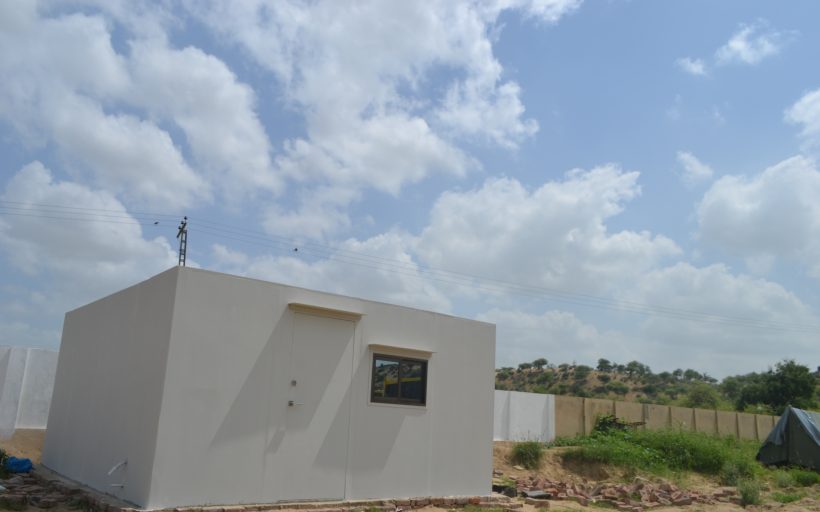
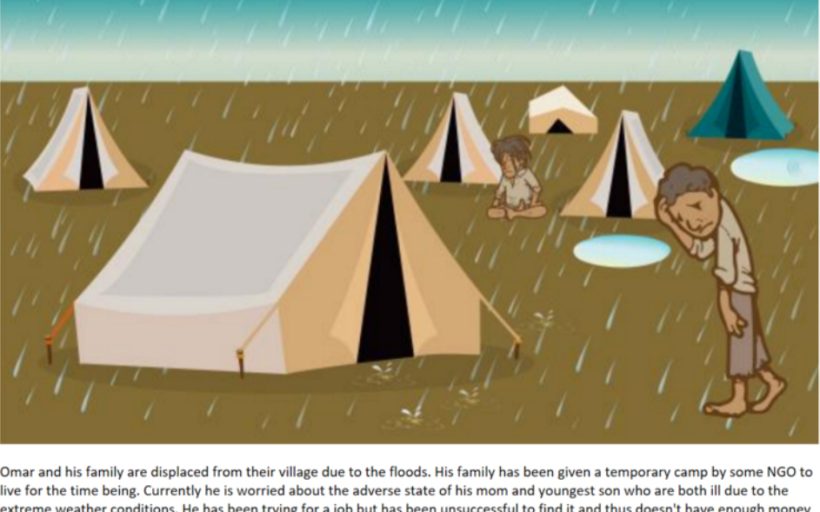
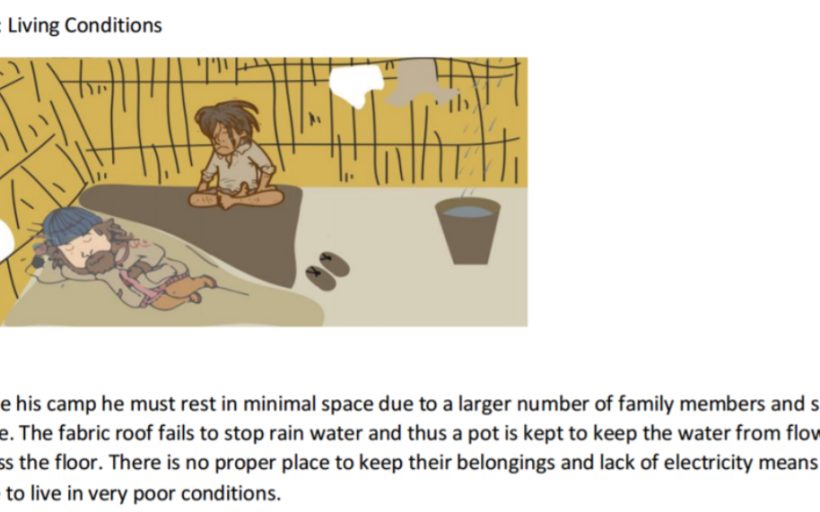
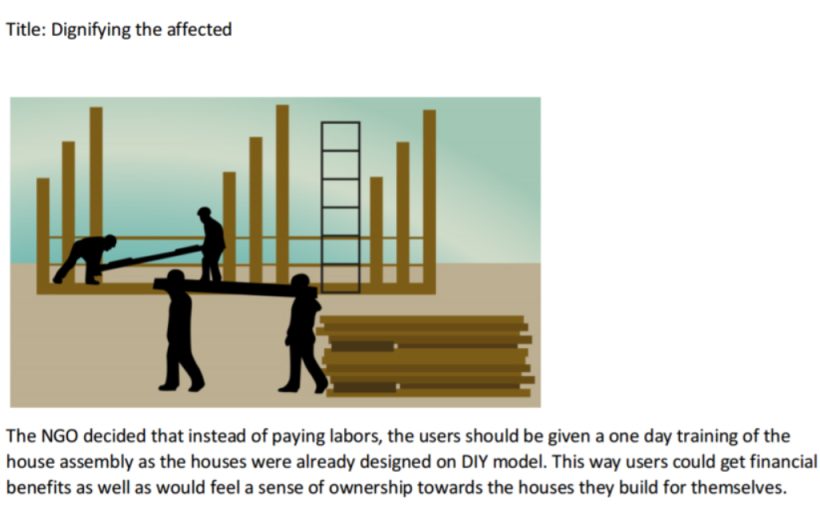
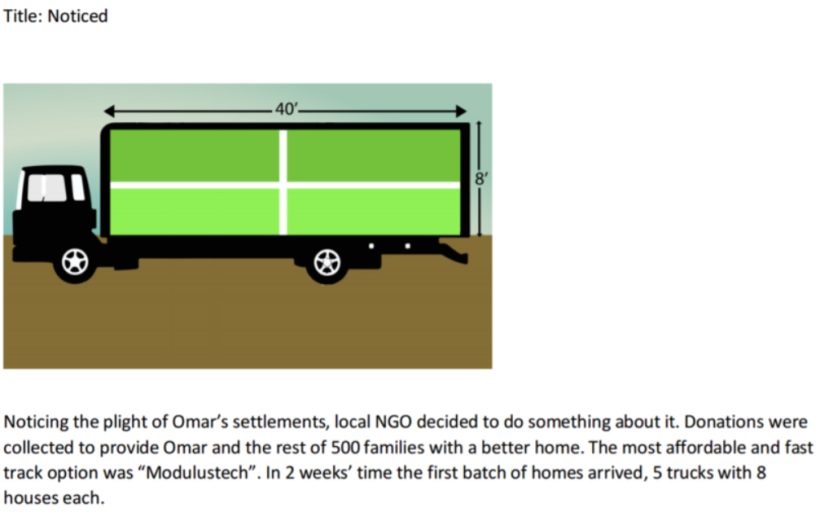
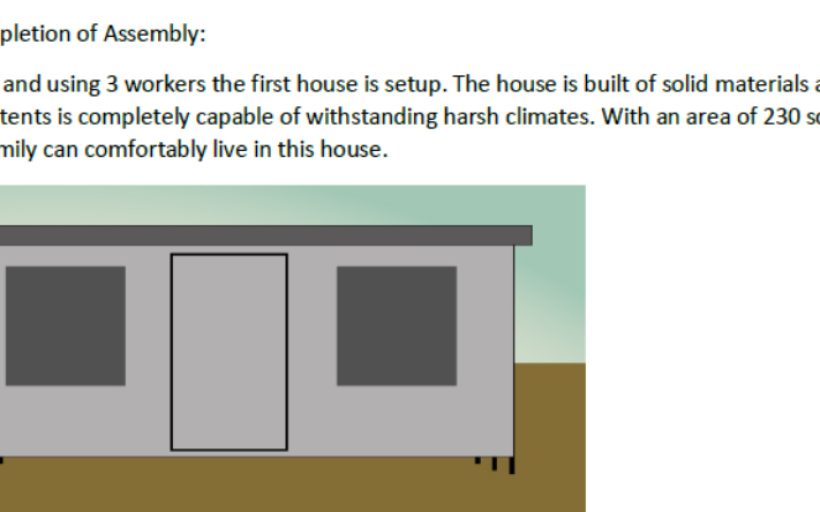
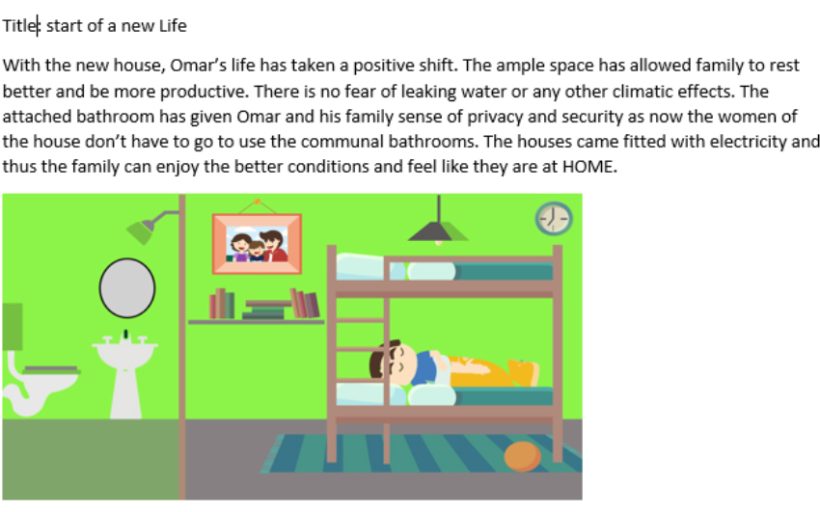

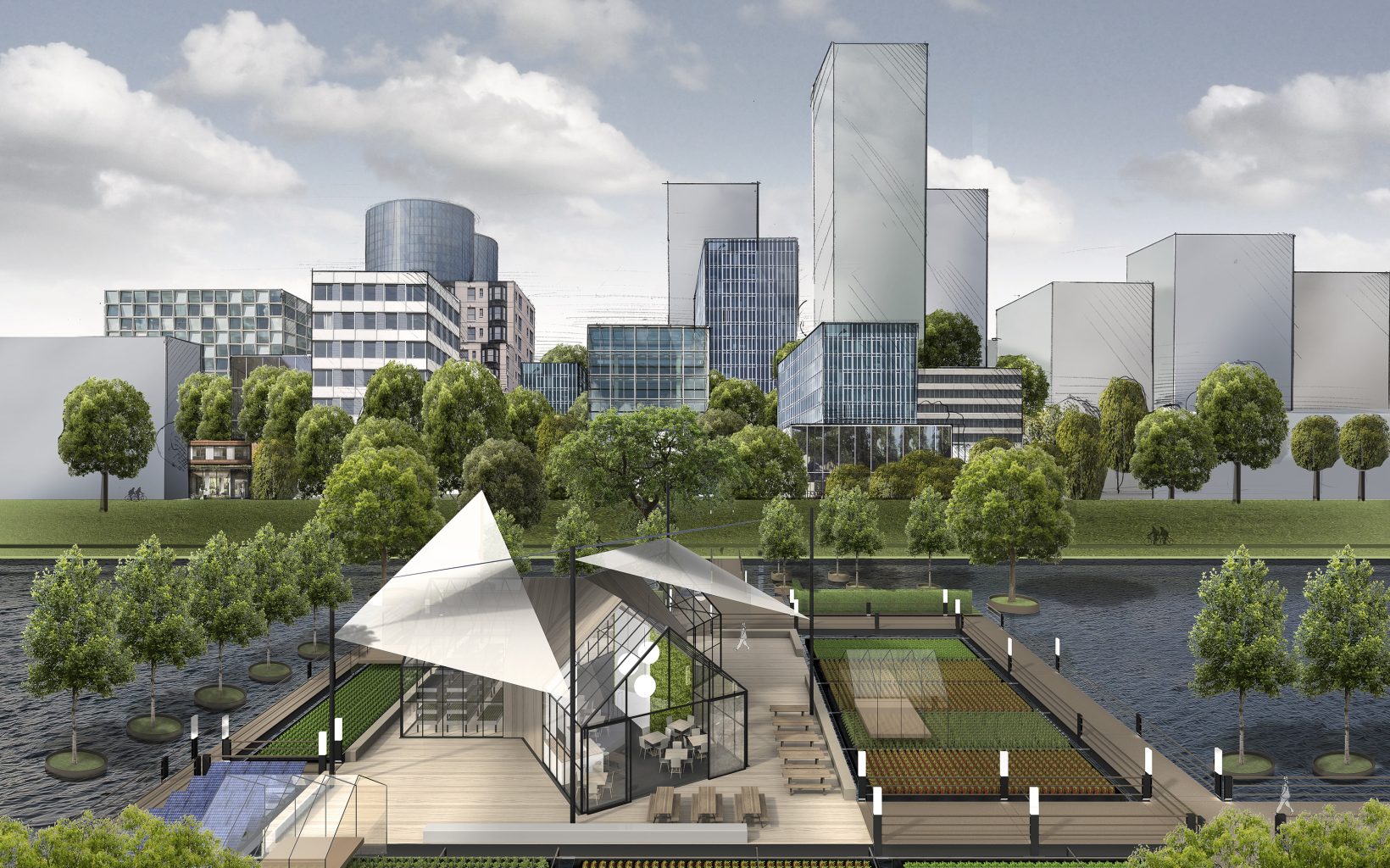
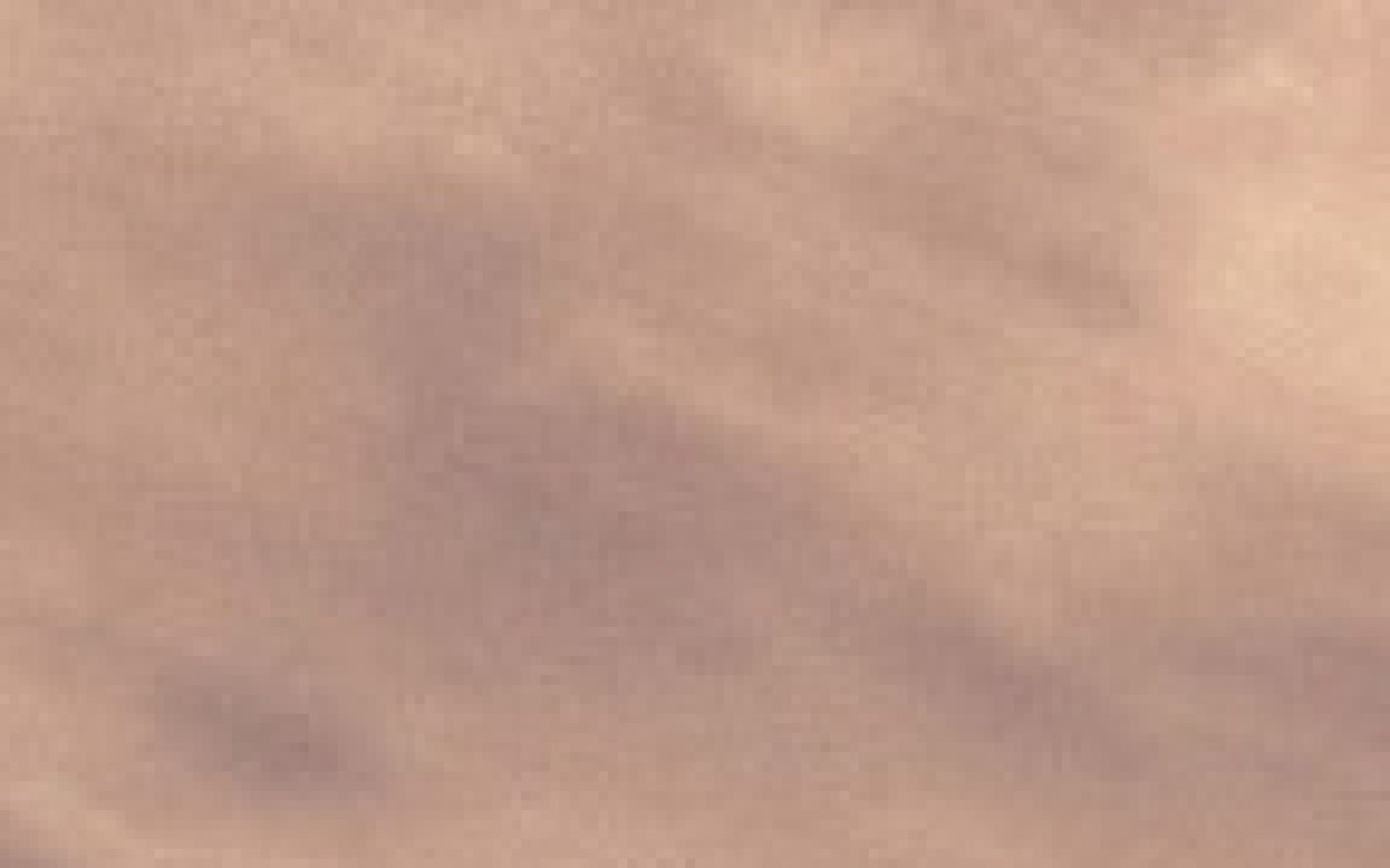
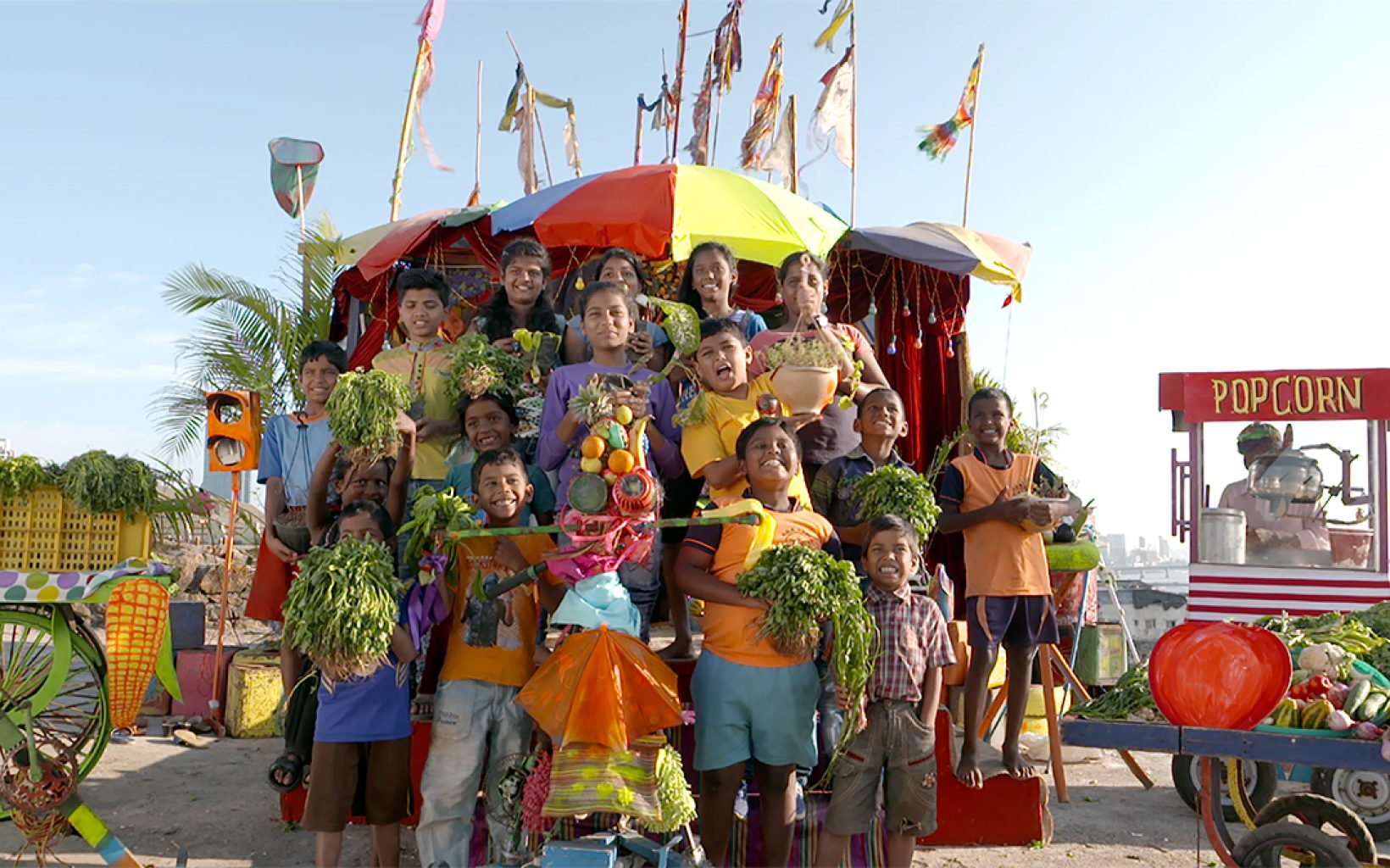
Share on social media.
Facebook
Twitter
LinkedIn
Mail